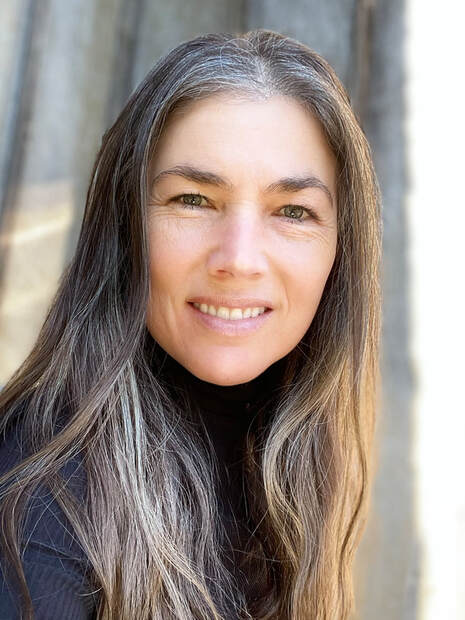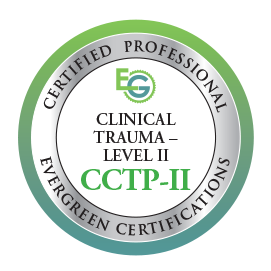Feeling disconnected from reality, hollow inside, numb or disconnected from yourself?
- On the surface, it appears you have it all together. But inside it feels like you're falling apart.
- The people in your life seem distant to you- your family, friends, and even yourself.
- You feel hollow, with little joy or ups and downs in your life.
- Your life feels surreal, like you're living on autopilot.
- You feel damaged. Will your past haunt you forever?
- You're not even sure who you are anymore let alone what you need or want out of life.
You're not where you want to be in life. And it's starting to take a toll.
Therapy for dissociation & dissociative disorders can help you:
- Develop genuine self-knowledge, self-compassion, and self-confidence.
- Understand why you dissociate and the role this coping strategy plays in keeping you safe.
- Learn the skills needed to feel safe and stay present in your life and in your own body.
- Learn coping skills to manage emotional pain without having to rely on dissociation.
You don't have to feel empty and numb forever.
I'm Smadar Salzman, and I can help you.
|
Clients come to me looking for a therapist who is authentic and relatable, because therapy should be a place where you feel safe and understood. Sessions with me provide the comfort of conversation with an old friend and the results of working with a trained professional. You can learn how to stop being scared to look inside and start seeing yourself as the survivor that you are.
I have specialized training and experience in practical, research-backed therapy modalities so you don't have to worry that your therapist will be confused when you're confused by yourself. I'll help you see the big picture, learn to identify when your dissociative coping mechanism starts to kick in, and start implementing grounding and calming skills to help you stay safe in your body from day one. I also bring my relational and complex trauma expertise to my work with couples. I understand that if you've been hurt in the past, relationships are harder for you! We'll focus on rebuilding trust and safety in the relationship first. |
Life with a dissociative disorder can feel overwhelming.
- You re-experince a past traumatic moment as if it were happening in real time.
- You sometimes space out and loose touch with what’s going on around you.
- You have gaps in memory or your mind goes blank in certain situations that remind you of the past.
- You feel as if you're watching yourself from a distance or from across the room.
- You feel like you’re in a dream or a movie.
- You feel like you have separate parts of yourself and your personality, like sometimes you're two (or more) different people.
If any of these resonate, I can help you get unstuck so you feel safe and connected.
Your brain is doing its best to keep you safe.
It can be scary and disorienting to experience dissociation. But you aren’t powerless. Your brain is incredibly adaptable and can be rewired with new experiences. Therapy can help heal dissociation-related disorders by giving you new experiences of relational safety while learning and practicing new coping skills. Just because you dissociate doesn't mean you’re damaged or broken! It means your brain is working hard to protect you.
But life doesn't have to stay this way.
FAQ about therapy for dissociation & dissociative disorders.
Can I recover from a dissociative disorder? |
With the right therapy, dissociative disorders can be healed. You can begin to feel more in control of your life and your identity as separate parts of you integrate and merge into one cohesive sense of self.
|
Do you have online sessions? |
Yes, my practice is fully telehealth for the time-being. We'll meet via HIPAA secure video. You must be located in California during sessions.
|
How do you treat dissociation & dissociative disorders? |
My approach relies heavily on Dan Siegel's Interpersonal Neurobiology (IPNB) and Janina Fisher's therapeutic framework. I bring in tools from the Internal Family Systems (IFS) model as needed. I work relationally and psychodynamically, and through the lens of attachment theory and complex trauma.
|
|
|
I specialize in therapy for lasting change. |
|
Diverse populations are always welcome in my practice, including all cultures, sexual orientations, genders, and relationship structures.
|
Ready to stop feeling disconnected, empty, and numb?
Online therapy allows you to choose an expert to help you with your relationship or individual issues
rather than just having to choose a therapist in your geographic area. Offering Telehealth for Dissociative Disorders in the San Francisco Bay Area and throughout California, Florida, Michigan, Nevada, & Vermont.
rather than just having to choose a therapist in your geographic area. Offering Telehealth for Dissociative Disorders in the San Francisco Bay Area and throughout California, Florida, Michigan, Nevada, & Vermont.






